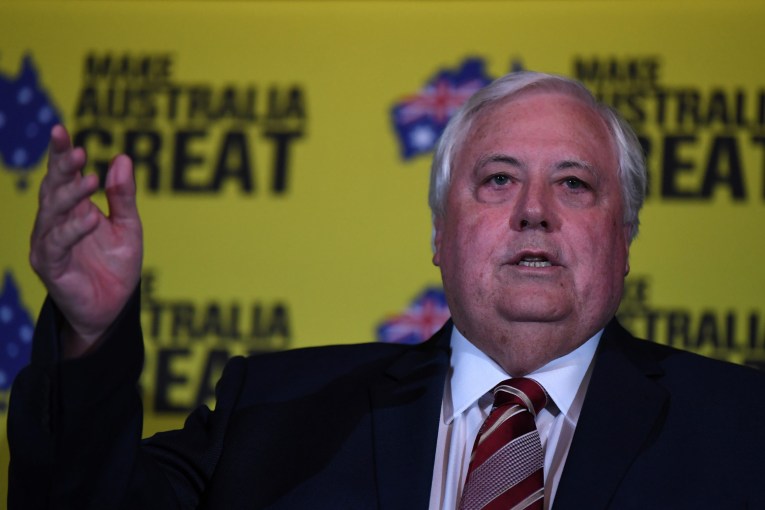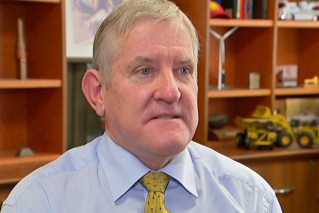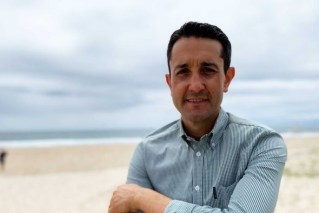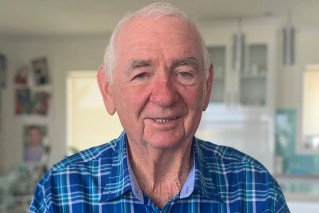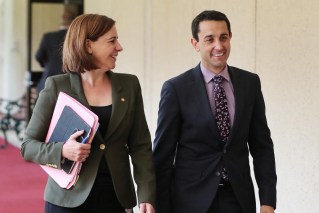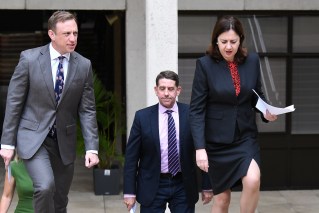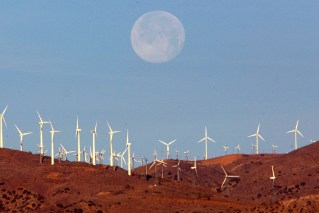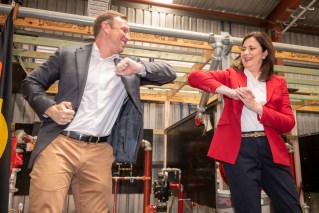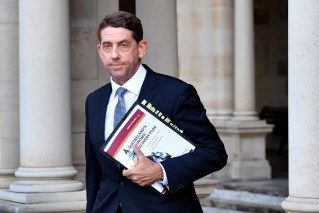Friday forum: Our experts give their view of campaign week one
InQueensland has asked community, business and industry leaders to share their impressions of the first week of the election campaign.
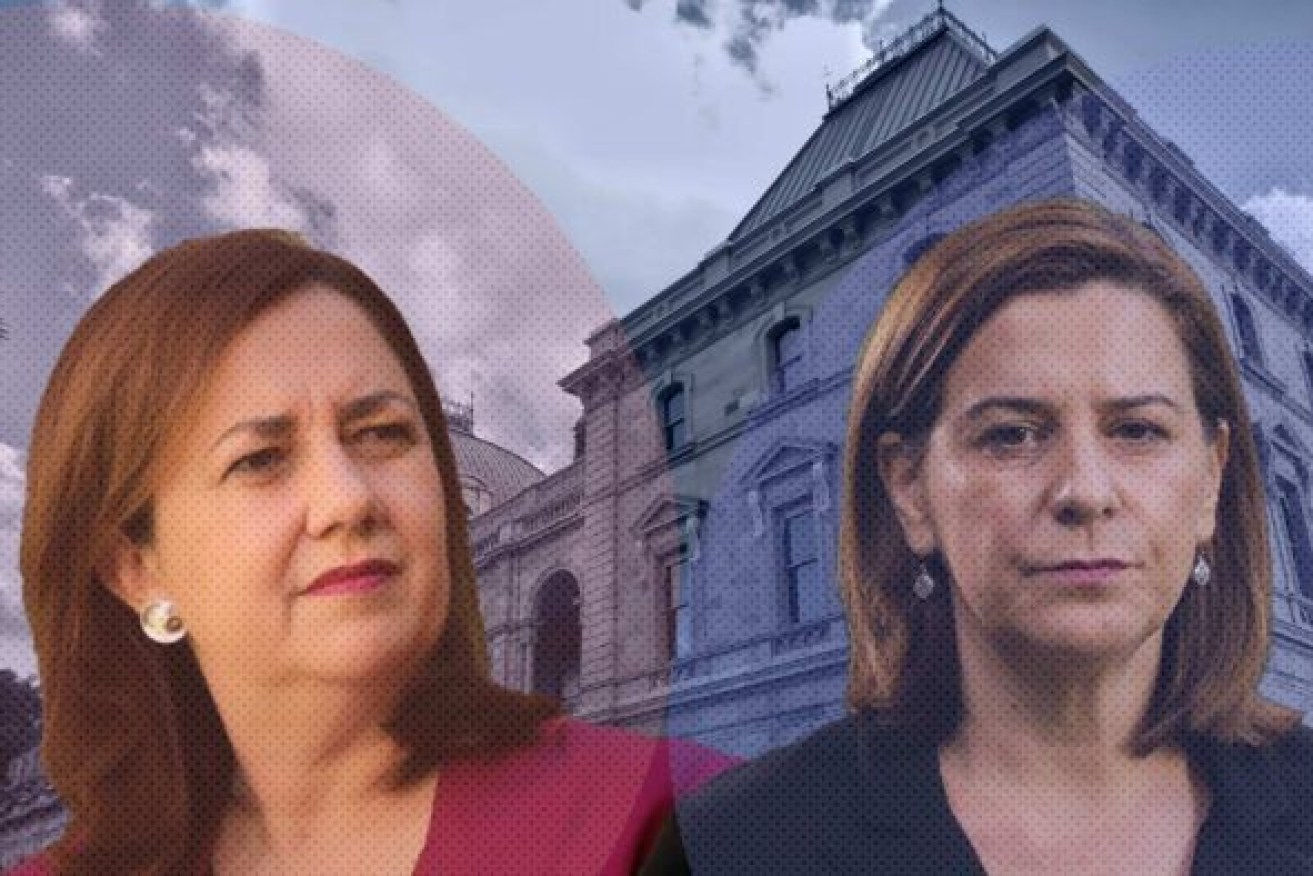
Premier Annastacia Palaszczuk and Opposition Leader Deb Frecklington. (Photo: ABC)
 Amanda Rohan, CCIQ general manager of Advocacy and Policy
Amanda Rohan, CCIQ general manager of Advocacy and Policy
So far the campaign feels to be lacking the grunt business needs to be hearing.
Focussing on COVID recovery is important, but local business owners need to see what’s further ahead.
It was good to see both major parties delivering big infrastructure announcements, such as the new Bradfield scheme, Townsville to Mount Isa energy grid, and road upgrades.
But these were already considered a must, having sat on the to-do list for far too long.

There are opportunities next week for all parties to really show their hand, especially how they will maximise and complement this week’s federal budget announcements with tangible policies that will provide businesses with the certainty they need.
Barton Green, Committee for Brisbane chief executive
There’s a concerning level of short-termism in this election.
Policy and funding announcements, so far, are focussed on the immediate or near term. Not always, but often.
Announcing billions for a highway project is fine, but what’s the bigger strategic objective? It has to be more than dealing with congestion – what’s the link to creating new economic hubs, for example, to deliver on the State’s or region’s long-term Vision?
Do we aspire to be a Smart State (to borrow from a former premier) or a Knowledge State or a Carbon Neutral State? What do we want to be?
COVID is a game-changer that should be a catalyst for substantial economic and policy reform. We haven’t seen evidence of that, yet.
Queenslanders like strong leaders with well-articulated visions.
Excite us.

Greg Hallam, LGAQ chief executive
The state election campaign is off to a predictable start with the major parties rolling out their big policy announcements early in light of a high forecast postal vote which could effectively see the election result decided 10 days out from 31 October. Expect more of that over the next 10 days to coincide with postal ballots being dispatched by the ECQ.
Equally predictable are both the LNP and ALP ruling out governing in a minority setting with one or more of the minor parties.
State elections are about services and front-line workers doctors, nurses, teachers and police, so big announcements this week about numbers increased where on the money.
The LNPs Bruce Highway dual carriageway announcement was bold and captured regional Queenslanders imagination , even if the funding numbers are a bit shaky. Equally, the ALP appealed directly to its industrial base in the regions by finalising Adani mine arrangements, and approving a new $1 billion coal mine in the Bowen Basin.
I call the week a draw for both sides, with the minor parties pushed to the sidelines in a presidential style election .

Queensland Resources Council chief executive Ian Macfarlane
The QRC has secured bipartisan support for a Resources Industry Development Plan to ensure mining and gas industries strengthen Queensland’s COVID-19 recovery.
QRC welcomed the Government’s decision to grant the mining lease for Pembroke Resources’ Olive Downs mine, and QRC repeated its calls for approvals to be granted for New Hope’s New Acland Stage 3 project.
The Government’s decision to progress the proposed CopperString 2.0 high-voltage 1100km transmission line to power the North West Minerals Province was part of QRC’s pre-election agenda.
QRC also welcomed Premier Annastacia Palaszczuk’s promise of “no deals”, ruling out a power-sharing alliance with the Greens.
Queensland Teachers’ Union president

It is all about the numbers.
The teachers and principals in Queensland state schools are taking a keen interest in the election promises being made as the campaign begins in earnest.
Our state school system is growing rapidly. The building of new schools and recruitment of thousands more teachers to work in them is a top priority for Queensland.
The ALP has a proven track record of fully catering for growth in student enrolments and delivering extra teachers to make class sizes smaller.
When last in power, the LNP refused to employ the necessary teachers required to cater for enrolment growth and reduced allocations to schools to cover the deficit in teacher numbers. Promises have now been made by the major political parties.
The bottom line is we must have more classrooms for the thousands of extra students enrolling each year and many more teachers to teach them. Anything less than all that is required would be a direct threat to the educational future of young Queenslanders.

Queensland Council of Social Service (QCOSS) CEO Aimee McVeigh
QCOSS’s challenge to the parties contesting the election this year is to introduce policies that will support the wellbeing and resilience of all Queenslanders, support local economies by creating jobs and ensure the social services sector can provide support to those who need it.
The policies put forward by Labor and the LNP in the first week of campaigning are small, but encouraging, first steps.
QCOSS’s pick of newly announced policies that will benefit Queenslanders and communities:
Labor
- $100 million to upgrade TAFEs
- $1.8 billion copper string project to connect the North West Mineral Province to the national power grid
- A commitment to tackle coercive control – a major form of domestic family violence (we await more detail on this)
LNP
- Restoring local maternity services to Chinchilla and Theodore hospitals
- 4000 new build-to-rent homes (we await more detail on this, but hope some of these dwellings will be affordable housing)
